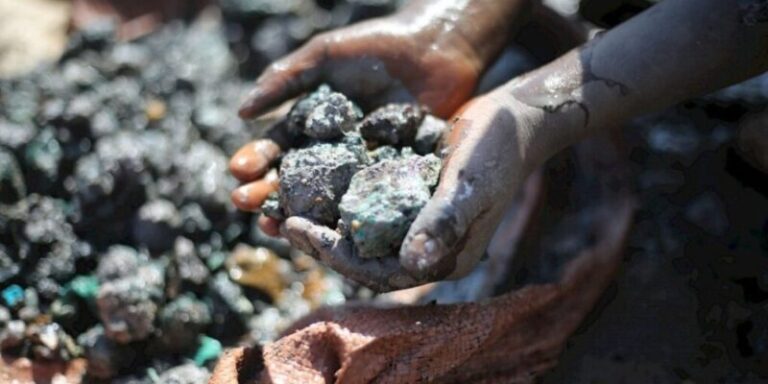
Collaboration and partnerships are key drivers for the development of the critical minerals value chain in Africa.
This collaborative approach aims to boost downstream sectors and transform African nations into manufacturers of finished products using locally sourced resources.
One notable development in this context is the establishment of a lithium salt processing plant in Zimbabwe.
According to Leon Godza, Energy Minerals director at the Zimbabwean Ministry of Mines and Mining Development, this facility is part of the Mines-to-Energy industrial park project.
When it commences operations in 2025, the plant is set to have an annual production capacity of 135,000 tons.
The Mines-to-Energy park project, which involves a comprehensive investment of $13 billion, encompasses the construction of two 300 MW power stations.
Additionally, it includes the establishment of a graphite processing plant, a nickel-chromium alloy smelter, a coking plant, and a nickel sulphate plant.
Recognizing that not all African countries will have their own refining plants or smelters, regional cooperation is deemed vital for success in this endeavor.
By working together, African nations can collectively advance the growth of the critical minerals industry.
Leon Godza emphasizes the promising future of critical minerals in Africa and underlines the significance of collaboration as the driving force behind Africa’s development.
To achieve success, he stresses the importance of collaboration, collaboration, and more collaboration.





